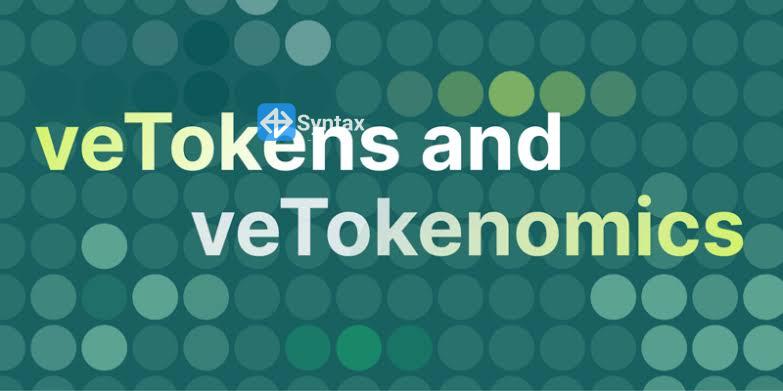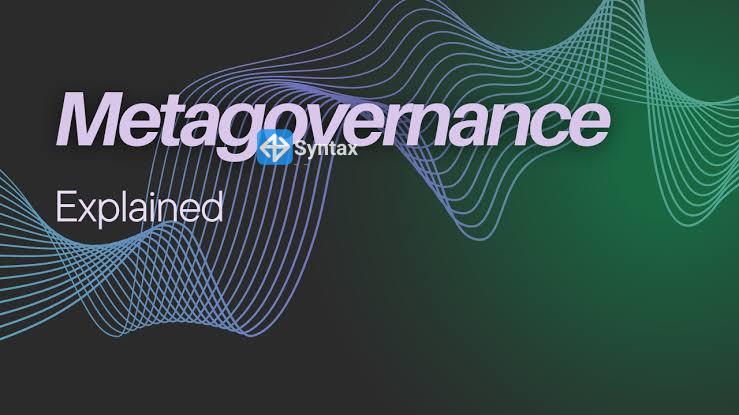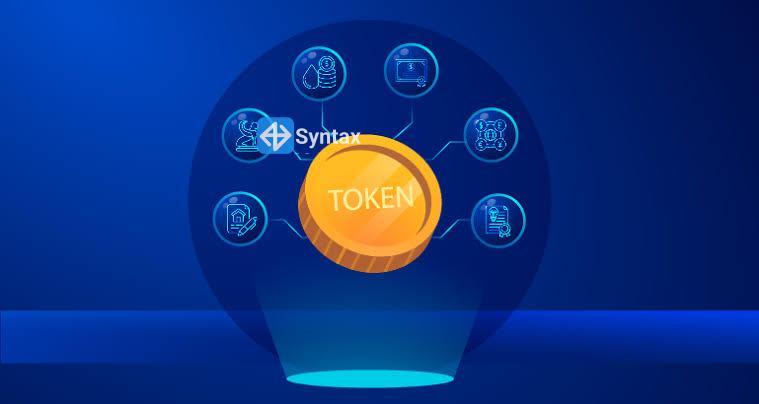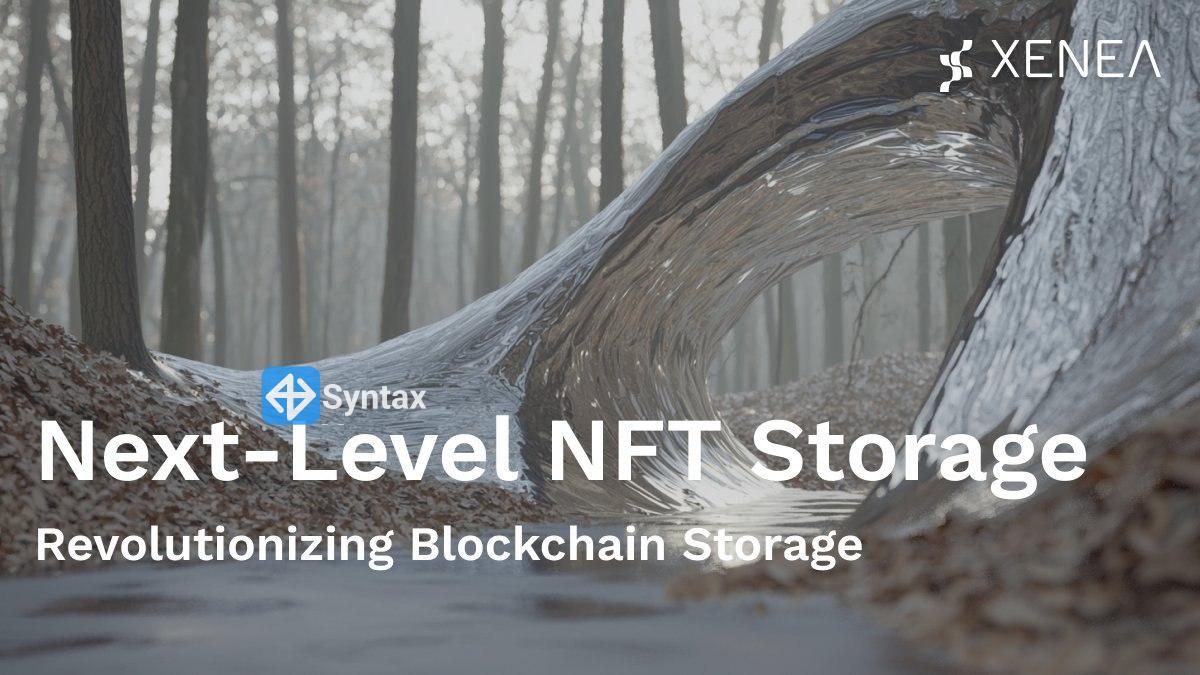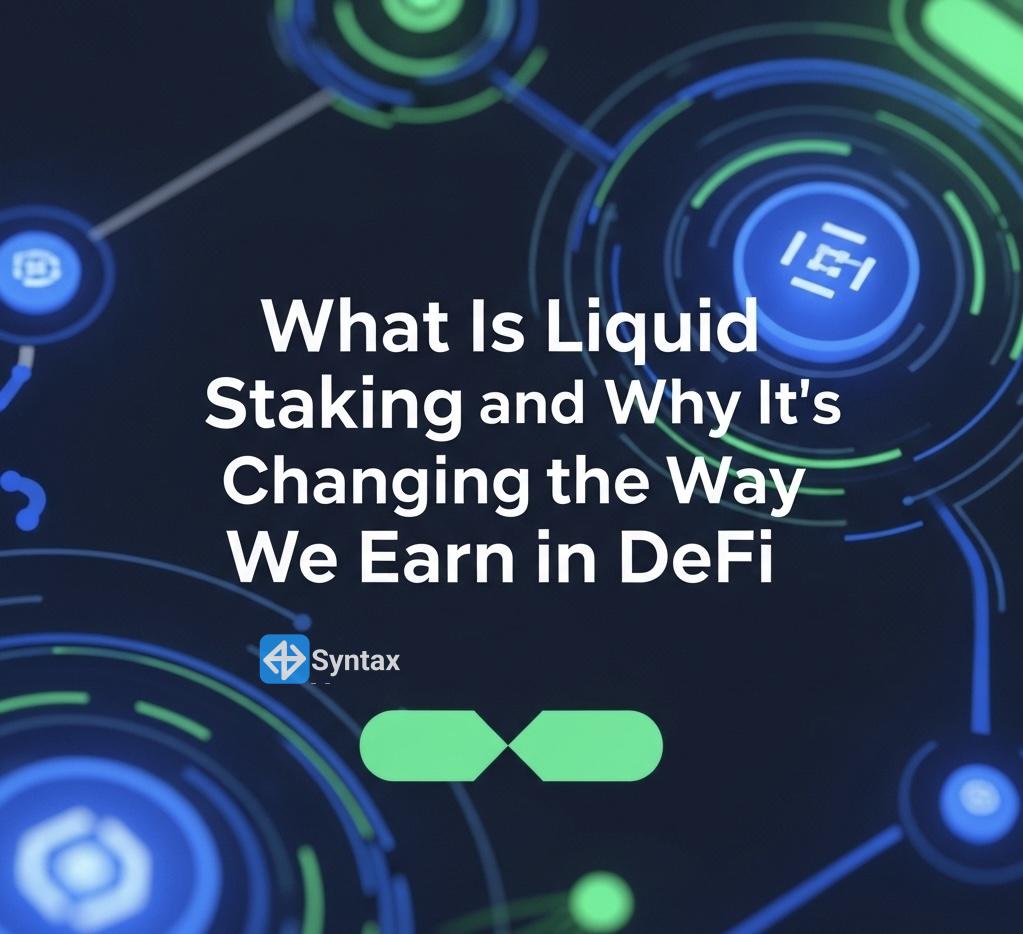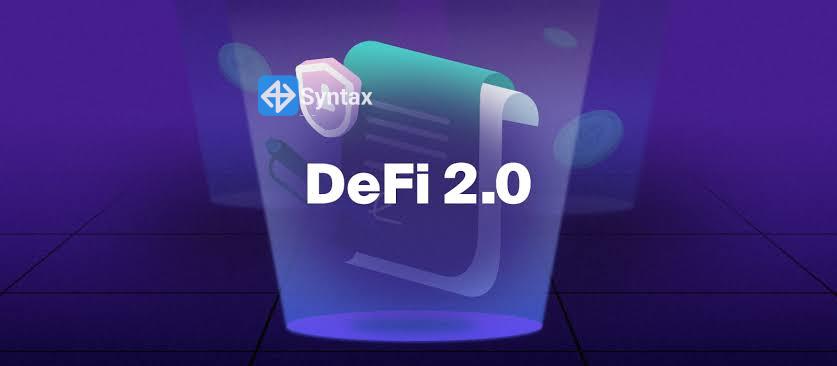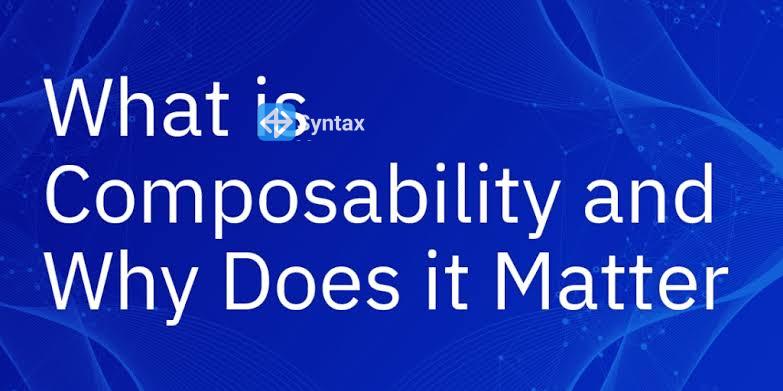🧠 How Delegated Voting Works
1. You hold governance tokens (e.g., $SPUR, $UNI, $COMP).
2. Instead of voting on every proposal yourself, you delegate your voting power to someone you trust — called a delegate.
3. That delegate votes on DAO proposals, using your token power along with others who delegated to them.
4. You retain full ownership of your tokens — only your voting rights are temporarily assigned.
🔄 Example:
- You hold 1,000 $SPUR tokens.
- You delegate your voting power to a well-known DAO contributor named Alice.
- When a proposal comes up, Alice votes with her own tokens + your delegated 1,000 $SPUR (and potentially votes from many others).
- You can revoke or change your delegate anytime.
🧱 Where It's Used
- Compound DAO: Users delegate $COMP votes to community members.
- Uniswap DAO: Many users delegate $UNI to prominent delegates.
- ENS DAO: Offers a public delegate registry, so you can choose someone who aligns with your values.
🔐 Important Notes
- Delegated voting does not transfer token ownership.
- You can still vote manually even after delegating — your manual vote overrides the delegate’s vote.
- Delegation is often on-chain and may require a small gas fee (depending on the platform).
👀 Real-World Analogy
Think of it like electing a representative in government. You give them power to vote on laws, but you can always revoke their power and vote yourself next time.



